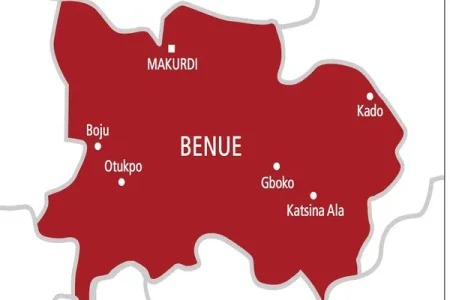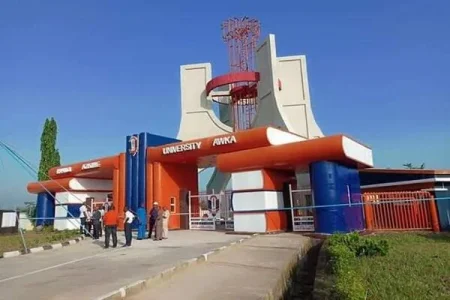
Revenue needs to reshape citizen experiences in predictable ways across government services. Nigeria's Joint Tax Board announced June 8th price increases for drivers' licenses and number plates, doubling many fees while citing enhanced security features and production costs. For Nigerians planning vehicle documentation, understanding the costs of government modernisation helps navigate timing and budget decisions strategically.
Government revenue challenges create administrative price adjustments. Standard number plates rise from ₦18,750 to ₦30,000, while fancy plates jump from ₦200,000 to ₦400,000. Driver's licenses increase to ₦15,000 (3-year) and ₦21,000 (5-year) as officials balance revenue generation with service delivery modernisation across federal and state systems.
Key Takeaways:
- Security enhancements justify increases - JTB cites enhanced security features and rising production costs as primary drivers, suggesting ongoing technology investments in identification systems.
- Timing creates short-term opportunities - Current license holders can renew before the June 8th deadline to avoid increases, while new applicants face higher baseline costs.
- Revenue coordination signals broader pattern - JTB's nationwide directive to state authorities suggests a coordinated revenue strategy that may extend to other government services.
- Administrative modernisation continues - Enhanced security features indicate ongoing digitisation efforts that typically precede further system upgrades and potential future adjustments.




